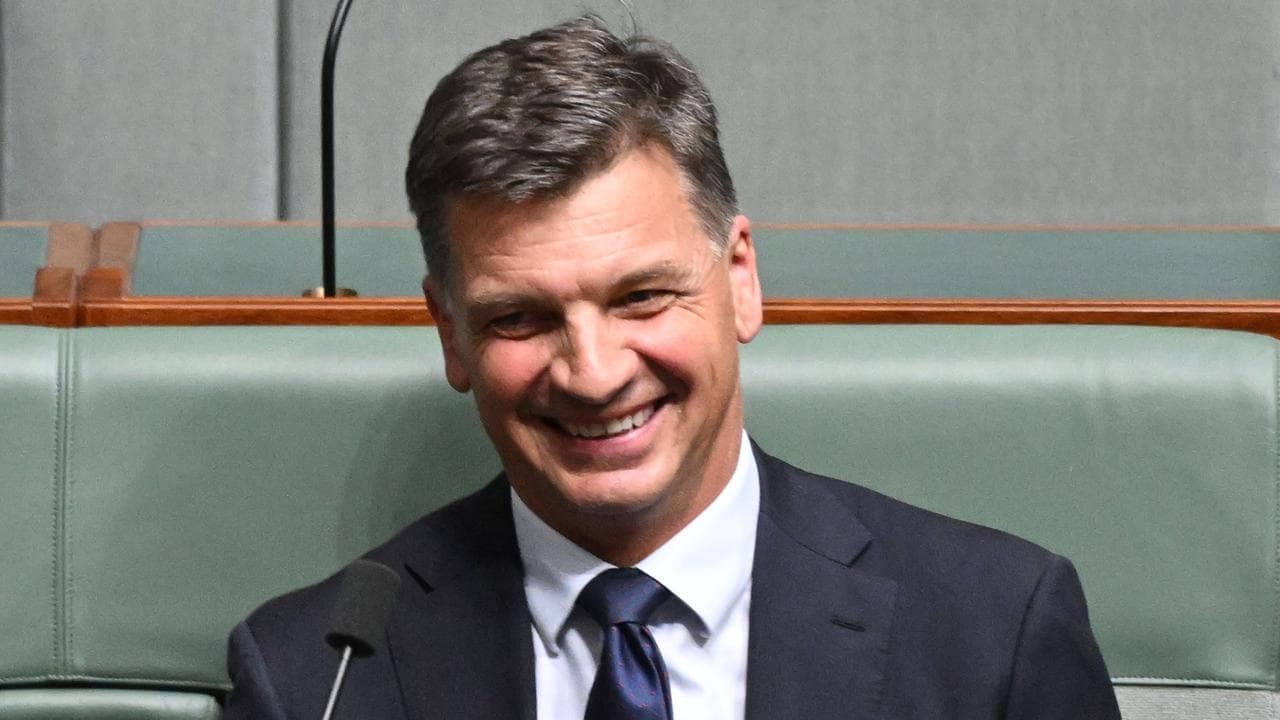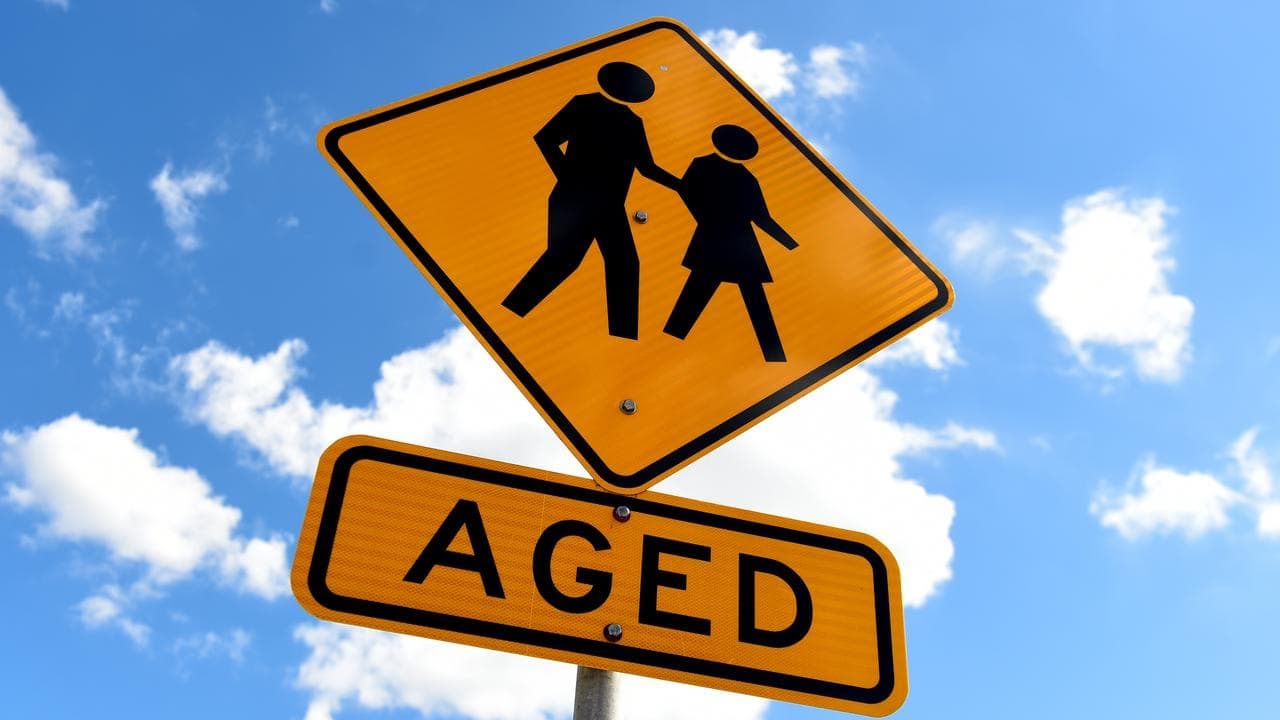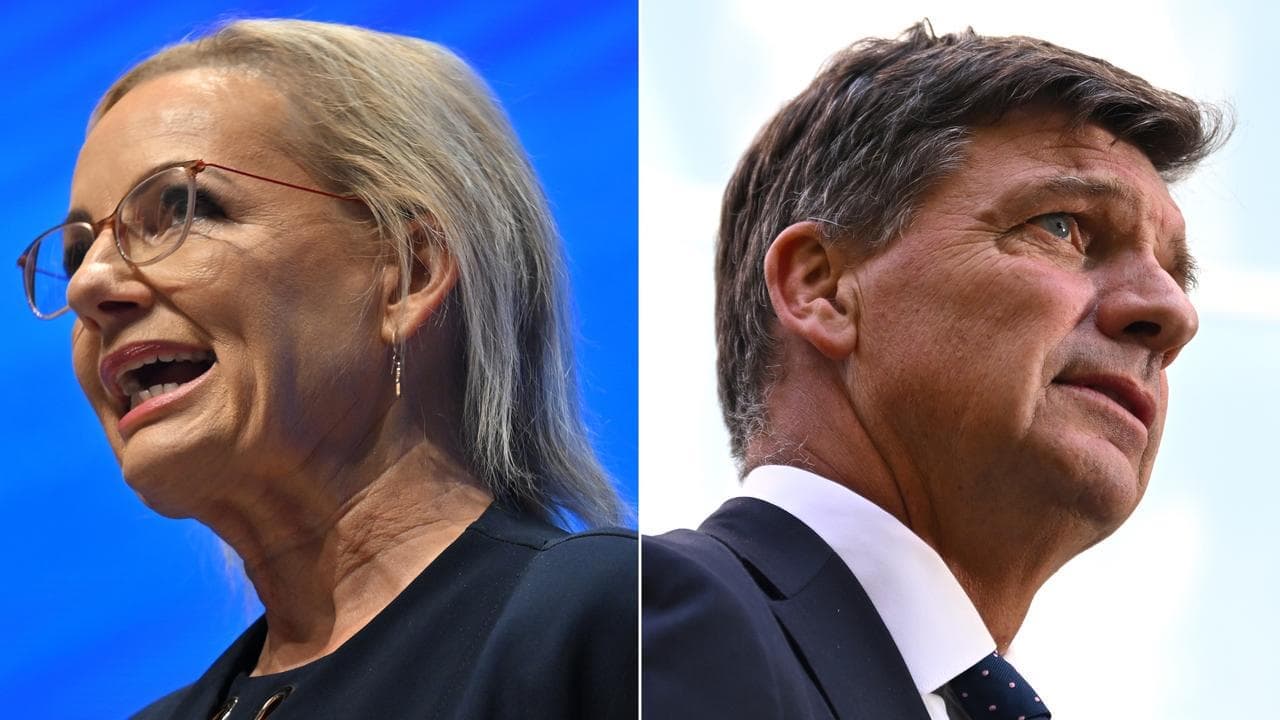WHAT WAS CLAIMED
The Albanese government was bequeathed a set of books which were in balance.
OUR VERDICT
False. The budget was in deficit and further deficits were forecast when Labor came to power.
AAP FACTCHECK - Opposition Leader Peter Dutton is falsely claiming that Labor was handed a balanced budget when the Albanese government came to power in May 2022.
The Treasury recorded a deficit of more than $130 billion for the 2020/21 financial year in its pre-election economic and fiscal outlook (PEFO), published just weeks before the May 2022 vote.
It also forecasted deficits every year through to 2025/26, including a $79 billion deficit for 2021-22.
This shrunk significantly to an actual deficit of $32 billion for 2021/22 when it was reported in Labor's first budget in October 2022.
Experts told AAP FactCheck the budget wasn't balanced when Labor took office, but also pointed out that subsequent improvements in the fiscal position weren't driven by Labor policy either.
Mr Dutton made the false claim during the Sky News leaders debate on April 8, 2025.
"The reality is that the government today was bequeathed a set of books where we were in balance, and that's what happened when the prime minister was elected," Mr Dutton said.

"... that's the reality. Australians know that we had a situation over COVID where debt was run up … but the government has been able to achieve two surpluses off the back of Liberal Party economic management."
Mr Dutton's office did not respond to AAP FactCheck's request for evidence to support the claim.
Miranda Stewart, a tax and budget expert at the University of Melbourne and Australian National University, said the Albanese government wasn't handed a balanced budget.
But a subsequent improvement in the fiscal position after Labor took power also wasn't driven by policies and was instead largely the result of changes in economic conditions, she said.
"[The budget] was in deficit," Professor Stewart told AAP FactCheck.
"If what [Mr Dutton] means is conditions were looking up and [Labor] haven't done anything, it's just you got lucky - maybe there's some truth to that."
Prof Stewart said the government reports an "underlying cash balance" twice a year.
It reports the gap between money coming into the budget and money going out, she said.
"A balanced budget would be that outgoings match incomings - so you've got zero," Prof Stewart said.
A surplus would mean that underlying cash balance is a positive number, and a deficit would mean it's negative, she explained.
The $134.2 billion deficit for 2020-21 handed down by the coalition before the election means the budget was not balanced, Prof Stewart said.
David Bond, an accounting expert at The University of NSW Business School, said the 2022 PEFO did not forecast a surplus and instead predicted $304.2 billion in deficits between 2021/22 and 2025/26.
"I can't see how the claim that the books were in balance stacks up," he told AAP FactCheck.
Prof Stewart and Dr Bond said the budget position improved substantially after Labor took office largely due to changes in the economy and not policy decisions by governments.
Prof Stewart said rising inflation and commodity prices delivered windfall revenues to the budget after Labor took office, creating the conditions for two surpluses in 2022/23 and 2023/24.
"[The surpluses] weren't really the consequence of policy decisions," Prof Stewart said.
"You could still potentially say good economic management, but who knows what exactly that means."
Dr Bond said changes in economic parameters drove $162.3 billion worth of improvements to the underlying cash balance in 2022/23 and 2023/24, while policy choices were a net negative.
"A significant drive of those increases in parameter estimates relates to increases in receipts - Labor certainly benefited from the economic rebound post-COVID," Dr Bond explained.
AAP FactCheck is an accredited member of the International Fact-Checking Network. To keep up with our latest fact checks, follow us on Facebook, Instagram, Threads, X, BlueSky, TikTok and YouTube.












